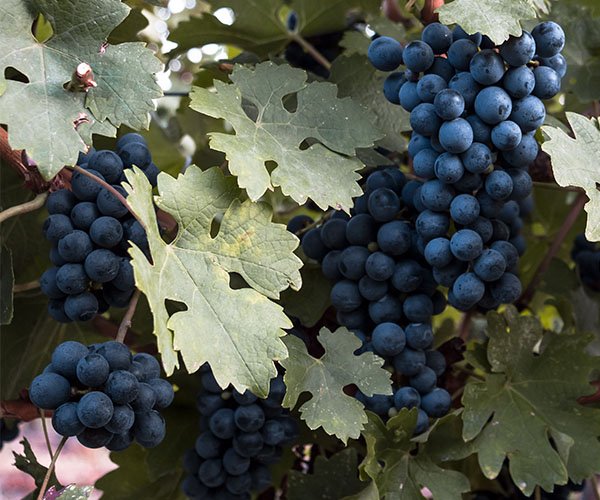Alginate oligosaccharides (AOS, seaweed oligosaccharides) are functional oligosaccharides obtained from alginate through a certain cleavage reaction. They have rich and diverse biological activities, such as anti-tumor, anti-inflammatory, immune regulation, and blood lipid-lowering effects. In agriculture, algal oligosaccharides have good effects in promoting plant growth, enhancing plant stress resistance, and inhibiting plant pathogenic bacteria.
The alginate oligosaccharide produced by enzymatic hydrolysis with alginate lyase has the advantages of fast reaction speed, mild conditions, short enzymatic hydrolysis cycle and so on. The degree of polymerization can be controlled at 2~4 polymerization, accounting for more than 75%. And the molecular weight is concentrated at 414~810.
As a bio-based synergist in agriculture, alginate oligosaccharide can promote the synthesis of plant endogenous growth hormone in a short period of time by regulating the metabolism of plants. and can improve the efficiency of nutrient absorption of crops. It has super high activity and extremely low concentration , significantly higher than the commonly used plant growth regulators such as “sodium nitrophenolate”.
Alginate oligosaccharides (AOS) regulates plant growth.
As signaling molecules to participate in the regulation of plant growth and development. Studies have shown that by activating hormone expression in plant seedlings. Alginate oligosaccharides change the activities of amylase, lipase and protease, accelerate the hydrolysis of endosperm starch. And it promote seed germination and root and bud growth.
Remediate heavy metal-contaminated soil and alleviate the toxicity of heavy metals to plants.
Alginate oligosaccharides have chemical groups such as unsaturated ions and carboxyl and hydroxyl groups with lone pairs of electrons, which can better complex with heavy metal ions and adsorb Zn2+, Cr6+, Cu2+, Cd2+, Pb2+ and other heavy metal ions. At the same time, it can improve the resistance of plants to heavy metals and protect plants from heavy metal damage.
Alginate oligosaccharides (AOS) can improve plant resistance.
It can increase the content of soluble sugar and free proline in plants. It can enhance the activity of plant antioxidant enzymes, induce the synthesis of phytoalexin, reduce the permeability of cell membranes and the content of malondialdehyde. Thereby alleviating adversity (such as pesticides, drought , cold, heat, etc.) damage to plants and play a role in regulating crop growth.
Under drought conditions, alginate oligosaccharides promote the synthesis of abscisic acid (ABA). It is more than 5 times higher than the control content, and significantly improves stress resistance. ABA plays an important regulatory role in plant. The most significant role of which is to regulate the synthesis of anthocyanins, and has a functional interaction with ethylene and sugar, which can promote the color change and sweetening of fruits.
Improve plant disease resistance.
The control effects on rice blast, rice false smut, and sheath blight reached 77%, 69%, and 55% respectively;
The control effects on tobacco mosaic virus and powdery mildew reached over 60% and 88.6% respectively.
Alginate oligosaccharides (AOS) can promote plant nutrient absorption.
It can combine with ammonium ions in nitrogen fertilizers to form complexes. Thereby inhibiting the conversion of ammonium nitrogen to nitrate nitrogen, reducing nitrogen loss and providing nutrients to plants for a long tim. It can promote plant roots to absorb N, P, Ca, Mg, Mn , B, Zn and other elements. When the addition of alginate oligosaccharides was 0.4%, the utilization rate of N, P and K fertilizers in corn increased by 49.59%, 24.30% and 52.85%, respectively.
Natural preservatives and preservatives.
Fucoidan is a natural preservative and preservative that can prolong the shelf life of fruits.
WELLYOU adopt biological fermentation, and use high activity and low cost enzymes to prepare lower cost and stable alginate oligosaccharides.


